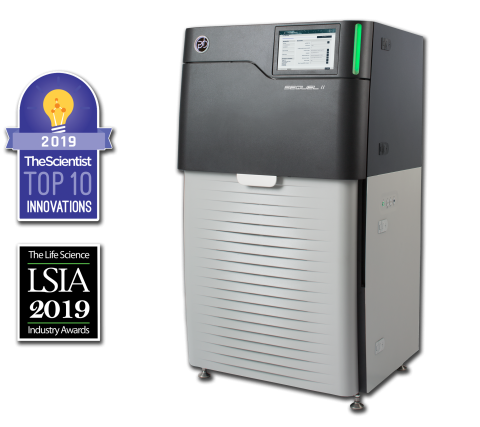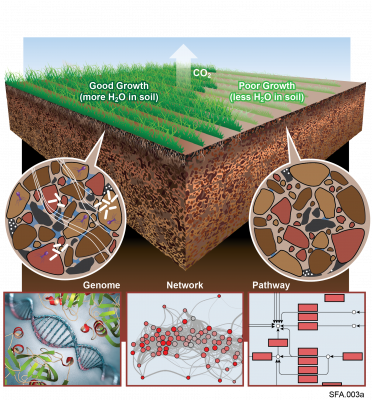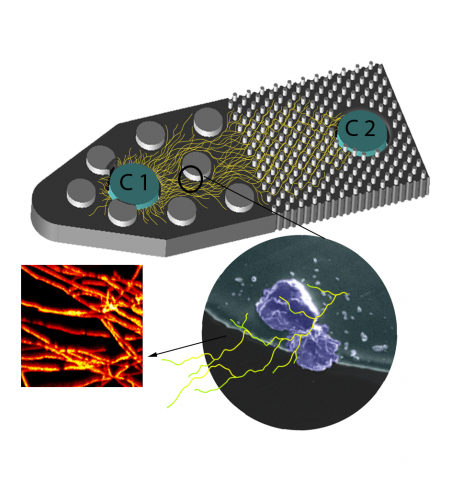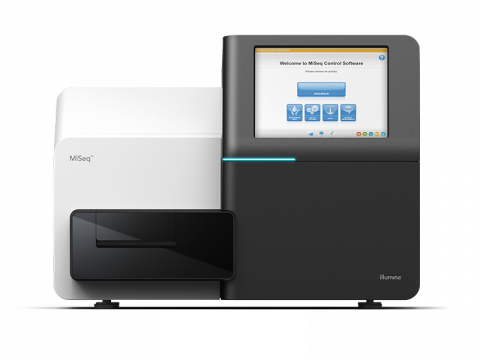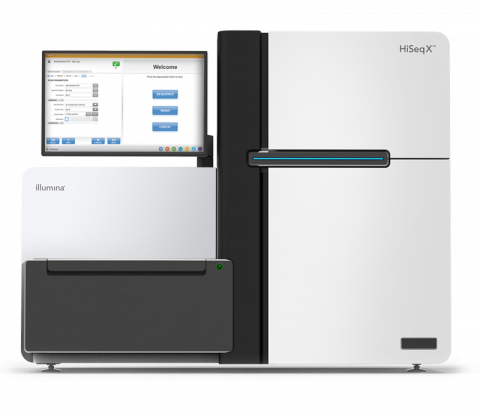Filter results
Tags
- (-) Genomics (12)
- (-) Microbiome (8)
- Virology (79)
- Immune Response (53)
- Time Sampled Measurement Datasets (50)
- Gene expression profile data (47)
- Differential Expression Analysis (46)
- Homo sapiens (34)
- Mass spectrometry data (31)
- Multi-Omics (30)
- Viruses (26)
- Omics (25)
- Health (23)
- Virus (23)
- Soil Microbiology (21)
- MERS-CoV (18)
- Mus musculus (18)
- Mass Spectrometry (14)
- Synthetic (14)
- sequencing (13)
- West Nile virus (13)
- Ebola (11)
- Influenza A (11)
- PerCon SFA (10)
- High Throughput Sequencing (9)
- Metagenomics (9)
- Resource Metadata (9)
- Proteomics (8)
- Machine Learning (7)
- Microarray (7)
Category
Category
Category
Viral communities detected from three large grassland soil metagenomes with historically different precipitation moisture regimes.
Category
"DNA Viral Diversity, Abundance, and Functional Potential Vary across Grassland Soils with a Range of Historical Moisture Regimes" Soil viruses are abundant, but the influence of the environment and climate on soil viruses remains poorly understood. Here, we addressed this gap by comparing the...
Category
"Deconstructing the Soil Microbiome into Reduced-Complexity Functional Modules" The soil microbiome represents one of the most complex microbial communities on the planet, encompassing thousands of taxa and metabolic pathways, rendering holistic analyses computationally intensive and difficult. Here...
Category
Aluminate salts precipitated from caustic alkaline solutions exhibit a correlation between the anionic speciation and the identity of the alkali cation in the precipitate, with the aluminate ions occurring either in monomeric (Al(OH)4–) or dimeric (Al2O(OH)62–) forms. The origin of this correlation...
Understanding the reactivity behavior of aluminum oxyhydroxide phases, widely present in nuclear waste tanks, in radiation environments is essential to develop better nuclear waste processing approaches. Recent experiments using vibrational sum frequency generation, a surface sensitive technique...
The molecular speciation of aluminum (Al3+) in alkaline solutions is fundamental to its precipitation chemistry within a number of industrial applications that include ore refinement and industrial processing of Al wastes. Under these conditions, Al3+ is predominantly Al(OH)4–, while at high [Al3+]...
The Sequel II System Sequencer is a high-throughput DNA sequencer machine developed and manufactured by PacBio , and is designed for high throughput, production-scale sequencing laboratories. Originally released in 2015, the Sequel system provides Single Molecule, Real-Time (SMRT) sequencing core...
The Phenotypic Response of the Soil Microbiome to Environmental Perturbations Project (Soil Microbiome SFA) at Pacific Northwest National Laboratory is a Genomic Sciences Program Science Focus Area (SFA) Project operating under the Environmental Microbiome Science Research Area. The Soil Microbiome...
Datasets
23
Fusarium sp. DS682 Proteogenomics Statistical Data Analysis of SFA dataset download: 10.25584/KSOmicsFspDS682/1766303 . GitHub Repository Source: https://github.com/lmbramer/Fusarium-sp.-DS-682-Proteogenomics MaxQuant Export Files (txt) Trelliscope Boxplots (jsonp) Fusarium Report (.Rmd, html)...
The Illumina MiSeq System Sequencer is a high-throughput DNA sequencer machine developed and manufactured by Illumina , and is designed for sequencing data acquisition using synthesis technology to provide an end-to-end solution (cluster generation, amplification, sequencing, and data analysis) in a...
The Illumina HiSeq X System Sequencer is a high-throughput DNA sequencer machine developed and manufactured by Illumina , and is designed for high throughput, production-scale sequencing laboratories. Built off the HiSeq 2500 System, harnessing the patterned flow cell technology originally developed...

